The zodiac system has been a part of human history for thousands of years and fascinates people today. The zodiac is a circle of twelve 30-degree divisions of celestial longitude that are centered upon the ecliptic: the apparent path of the Sun across the celestial sphere over the year. The paths of the Moon and visible planets also remain close to the ecliptic, so the zodiac is a convenient reference for locating and predicting the positions of celestial objects in the sky.
Ancient Babylon
The origins of the zodiac can be traced back to ancient Babylon, where it was first used as a tool for astronomical observations and divination. The Babylonians divided the zodiac into twelve equal parts, each associated with a particular constellation. These constellations were named after various animals and deities, which were thought to have a special significance in people’s lives.
Ancient Egypt
The ancient Egyptians also used the zodiac as a tool for astronomical observations and divination. They divided the zodiac into 36 decans (36 * 10 = 360 days), each associated with a particular star or group of stars. The Egyptians believed that the positions of these stars at the time of a person’s birth directly influenced their character and destiny.
Ancient Greeks
The ancient Greeks further developed the zodiac system, and it was the Greek astronomer Ptolemy who first compiled a list of the 48 constellations we still recognize today. He also assigned Greek names to the twelve signs of the zodiac, which are still used today.
Ancient Romans and Chinese
The zodiac system eventually spread to other cultures, such as the Romans and the Chinese. The Romans adopted the Greek names for the zodiac signs and associated each sign with a particular month of the year. Meanwhile, the Chinese developed their astrology system based on the Chinese calendar and the twelve Earthly Branches.
Astrology Development
In the centuries that followed, various cultures and civilizations further developed and refined the zodiac system. Astrologers and astronomers continued to observe and study the positions of the stars and planets. They also developed various methods for interpreting the zodiac, including horoscopes and natal charts.
The zodiac is still widely used for scientific and non-scientific purposes. Astrologers continue to use it to predict the future and to gain insight into people’s personalities and relationships. Scientists, meanwhile, use it as a reference for locating and studying celestial objects in the sky.
Despite the scientific advancements in Astronomy, Astrology continues to be a subject of interest and study. Many people today still believe in the power of the zodiac to influence their lives, and they continue to consult astrologers and read horoscopes in newspapers and magazines. The Zodiac system has come a long way from its origins in ancient Babylon and Egypt and has evolved to become an integral part of human culture and tradition.
Conclusion
In conclusion, the zodiac system has a rich history that spans thousands of years, and various cultures and civilizations have influenced it. From its earliest origins in ancient Babylon and Egypt to its development by the Greeks and its adoption by other cultures, the zodiac has evolved to become an essential tool for scientific and non-scientific purposes. It continues to fascinate people today, and it’s an integral part of human culture and tradition.



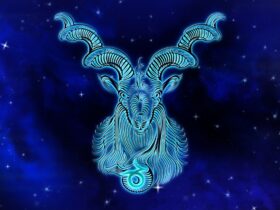
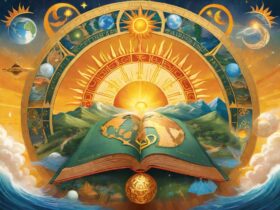

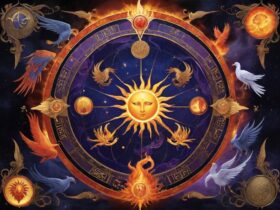
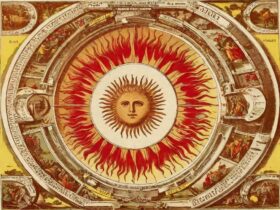
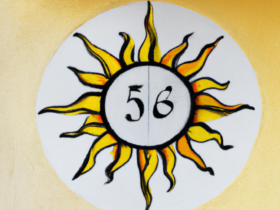
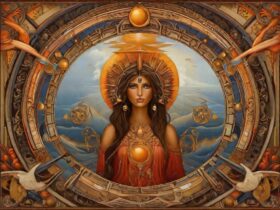

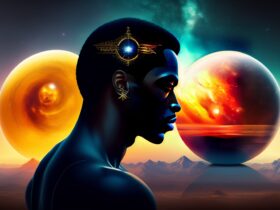


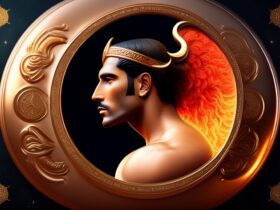
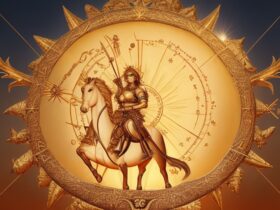
Leave a Reply